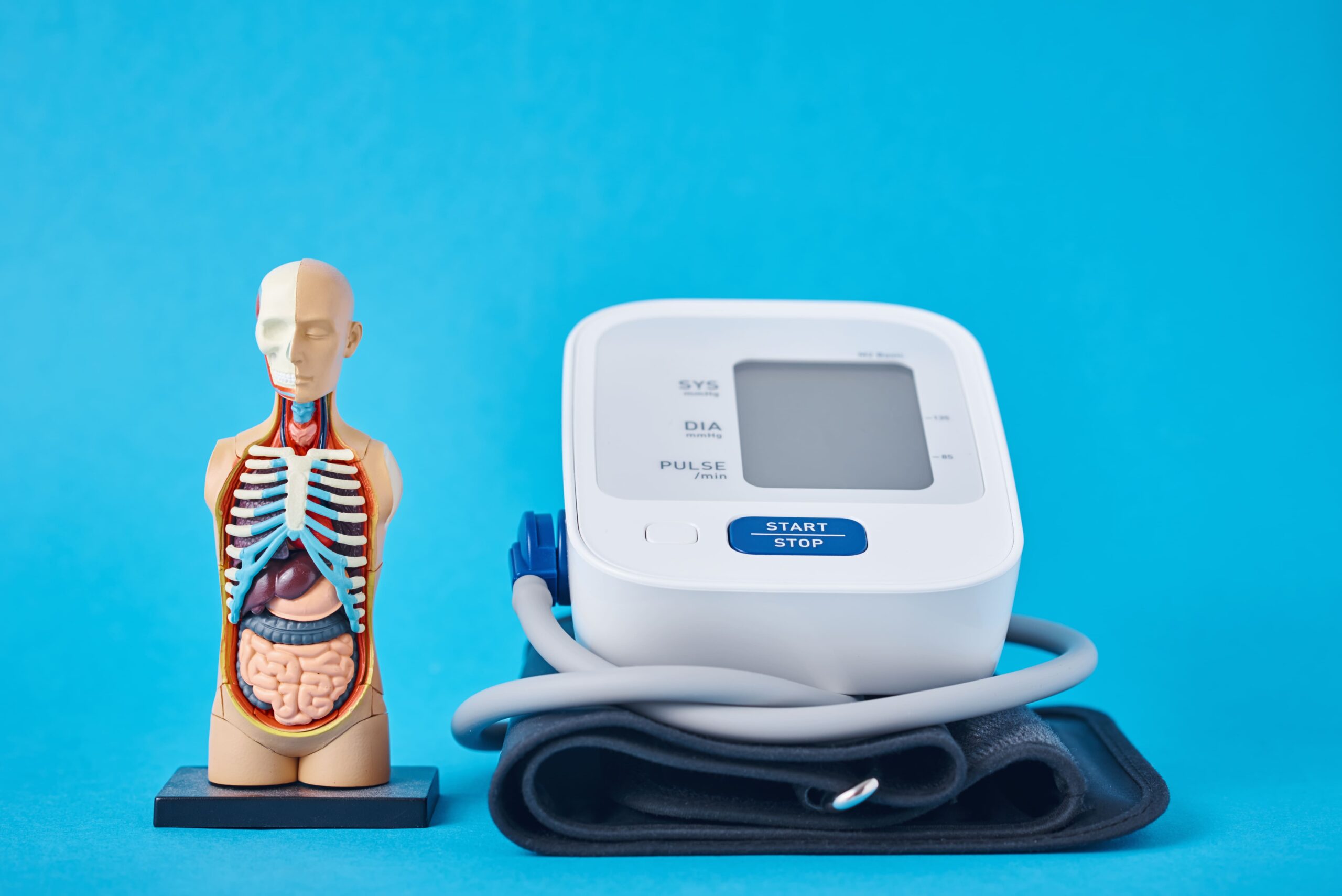Fish spas were all the rage at some point in time during the early 2000s. While the interest may have dwindled down in recent years, the whole experience of putting your feet into a tank of water and having fishes nibbling away the dead skin is still being offered at many tourist spots in South-East Asia. Natural exfoliation of dead skin, promoting blood circulation and stress relief are some of the supposed benefits of the fish spa.
I have personally not tried the fish spa and I believe some have benefited from the treatment. Unfortunately, a patient of mine who did a fish spa during his vacation with his family had a less than pleasant experience, and discovered issues with his health that would otherwise have gone undetected in the absence of an annual health check.
For a healthy individual, a trip to the fish spa would probably be quite a fun experience. But for my patient, the fish spa left him with multiple small wounds on his feet which he noticed only a couple of days later. The wounds did not heal as he expected them to be. On the contrary, his condition deteriorated quite quickly and the wounds became massively infected.
During our consultation, we identified two factors that were at play, resulting in such an undesirable situation.
Firstly, the fish spa did not use Garra rufa fish. Garra rufa is sometimes referred to as “doctor fish” as they nibble on and eat away dead skin, leaving newer skin exposed.
What the fish spa had in the fish tank was in fact the Chinese Chinchin, another species of fish that is often mislabeled as Garra rufa. Unlike the Garra rufa, the Chinese Chinchin grows teeth and can draw blood, and as a result they often inflict small wounds on the feet. In addition, as it is not possible to sanitize or disinfect the fishes and the tank between customers, bacteria on the bodies of the fishes can be transferred to the customers via the open wounds.
Secondly, the patient suffered from diabetes, a condition he was unaware of prior to this incident. Patients suffering from diabetes tend to have a slower recovery from wounds, especially at their legs and feet, due to poor blood circulation. They are also at a higher risk of getting infection from their wounds.
Thankfully, we managed to identify his existing condition. Hence, he was able to get treatment for both his diabetes and his wounds.
So what exactly are non healing wounds and how and when do you seek help?
What is a non-healing wound?
A non-healing wound is a wound that has not healed within the expected time frame. Generally, a wound should heal within two to four weeks, depending on the severity and location of the wound. If the wound does not heal within this time frame, it is considered a non-healing wound.
Non-healing wounds can occur for a variety of reasons, including poor circulation, infection, poor nutrition, and underlying health conditions such as diabetes.
Why do you get non-healing wounds?
There are many factors that can contribute to the development of non-healing wounds, but one of the most common causes is diabetes. Diabetes can lead to poor circulation, nerve damage, and a weakened immune system, all of which can contribute to the development of non-healing wounds.
Poor circulation can make it difficult for blood and oxygen to reach the wound, slowing down the healing process. Nerve damage can make it difficult to feel pain or discomfort in the affected area, which can delay treatment and allow the wound to become more severe. A weakened immune system can make it more difficult for the body to fight off infection, which can slow down the healing process and lead to complications.
Other factors that can contribute to the development of non-healing wounds include poor nutrition, underlying health conditions such as cancer or autoimmune disorders, and certain medications.
What should you do if you get a non-healing wound?
If you have diabetes and notice a non-healing wound, it is important to seek medical attention as soon as possible. Your healthcare provider will evaluate the wound and recommend an appropriate course of treatment.
Treatment for non-healing wounds typically involves wound care, which may include cleaning the wound, applying dressings, and taking steps to prevent infection. Depending on the severity of the wound, your healthcare provider may also recommend medications or procedures to promote healing, such as antibiotics, debridement (removing dead tissue), or surgery.
In addition to seeking medical attention, there are steps you can take to prevent non-healing wounds from developing in the first place. These include maintaining good blood sugar control, eating a healthy diet, getting regular exercise, and taking steps to prevent injuries and infections.
In conclusion, non-healing wounds can be a cause for concern, especially if you have diabetes, and it is important to seek medical attention from a specialist in internal medicine as soon as possible. An internal medicine doctor can evaluate the wound and determine the underlying cause, such as poor blood sugar control or an infection, and provide appropriate treatment to promote healing. By working closely with an internal medicine specialist and taking steps to maintain good blood sugar control and prevent injuries and infections, you can reduce your risk of developing non-healing wounds and other diabetes-related complications.
About Dr Adrian Mondry
Dr Adrian Mondry is a Hypertension Specialist accredited by the German Hypertension League in Singapore. He was previously a senior consultant in the department of medicine at the National University Hospital and Ng Teng Fong General Hospital (NTFGH), Dr Mondry has more than 30 years of experience in the field of internal medicine.
Dr Adrian Mondry is recognised for his leadership and contributions in establishing the dedicated hypertension clinic within the National University Health System and fast-track deep vein thrombosis service at NTFGH.
Dr Adrian Mondry is fluent in English, German and French.
About Kaizen Medical
Kaizen Medical is located at Mount Elizabeth Novena Specialist Centre, Suite 11-57.
At Kaizen, we provide in depth health care to patients with multi-organs diseases; tackling undifferentiated presentations that cannot be easily assigned to a single organ.





